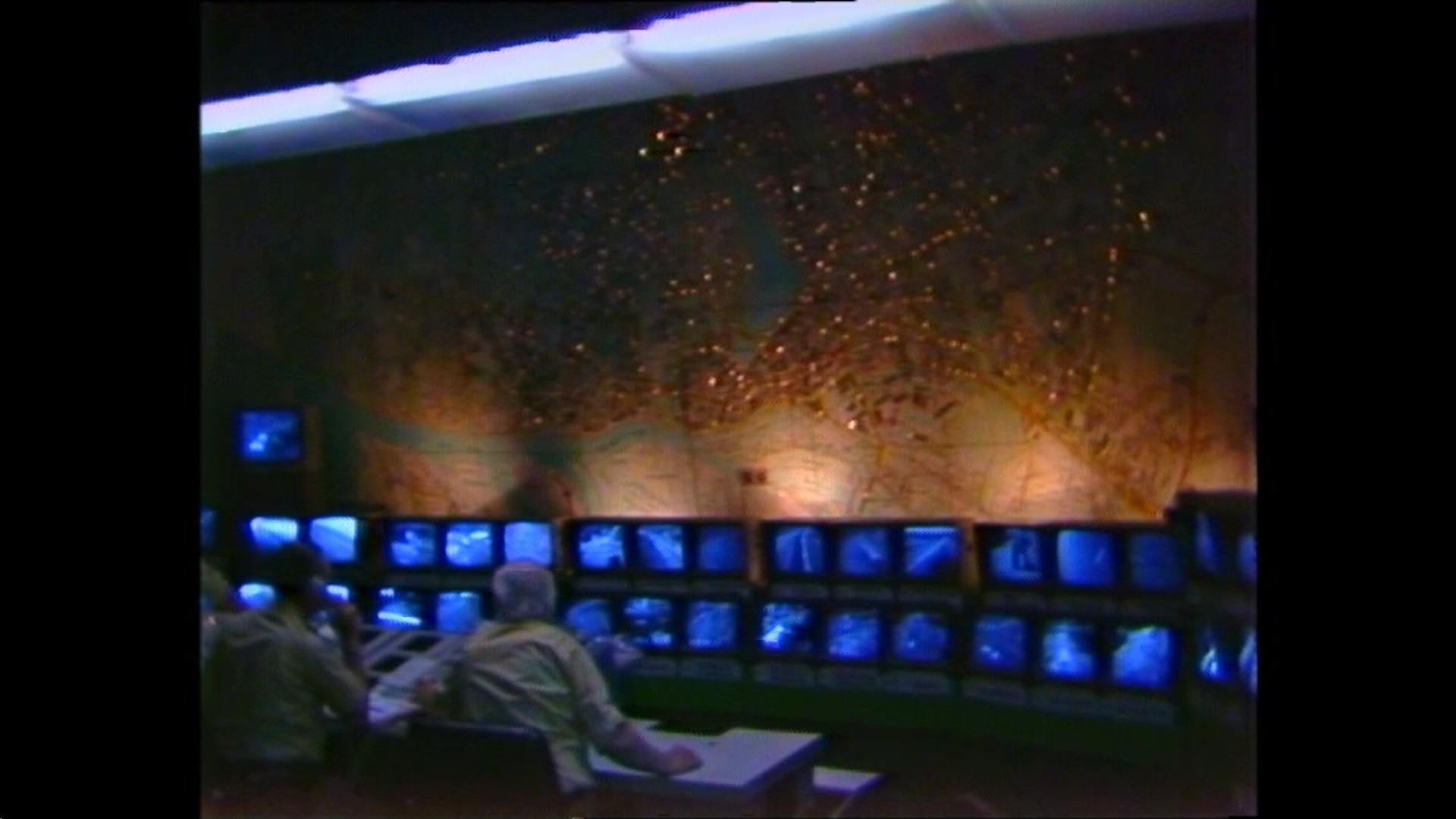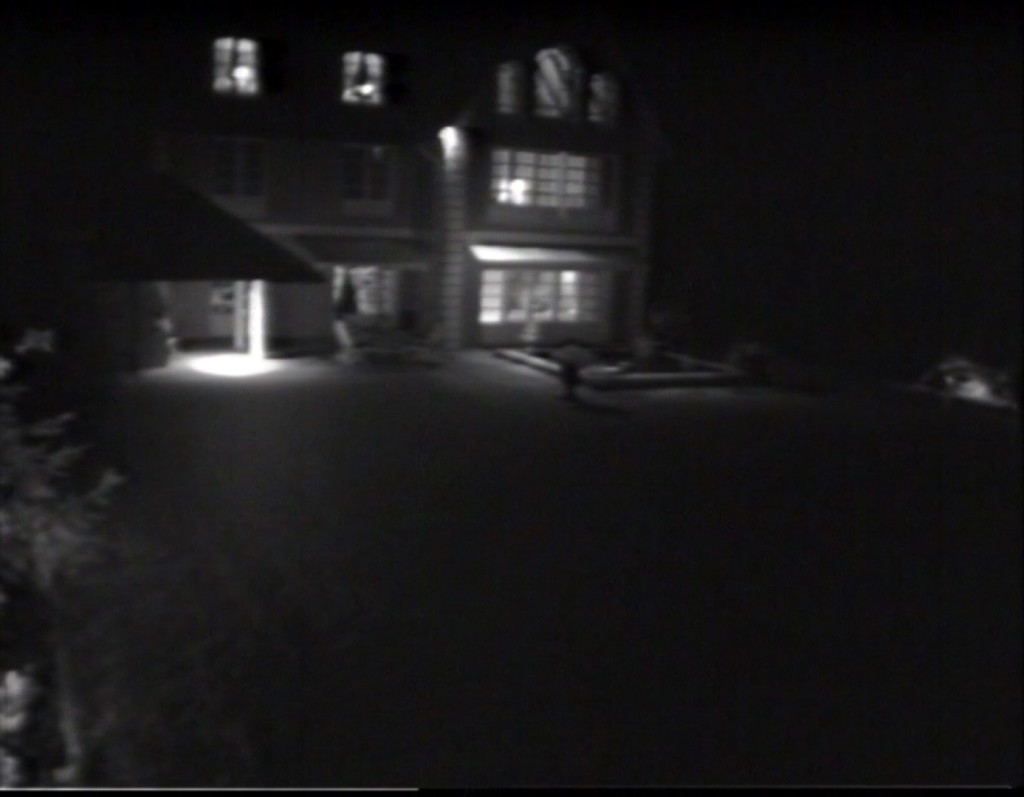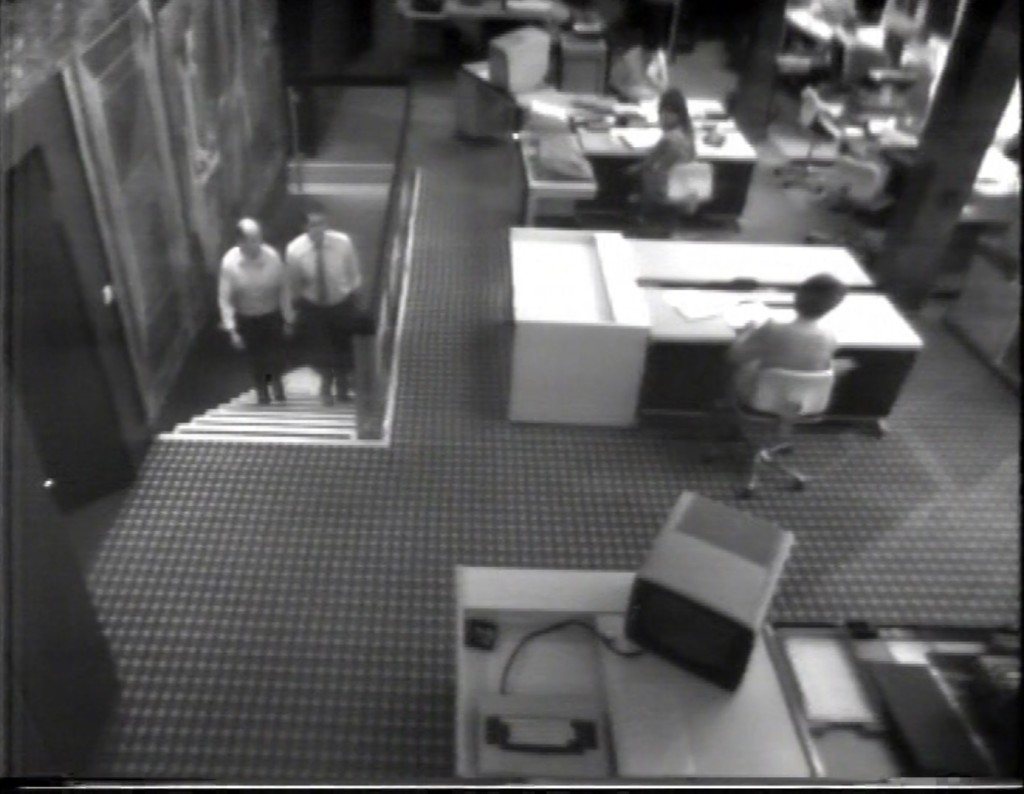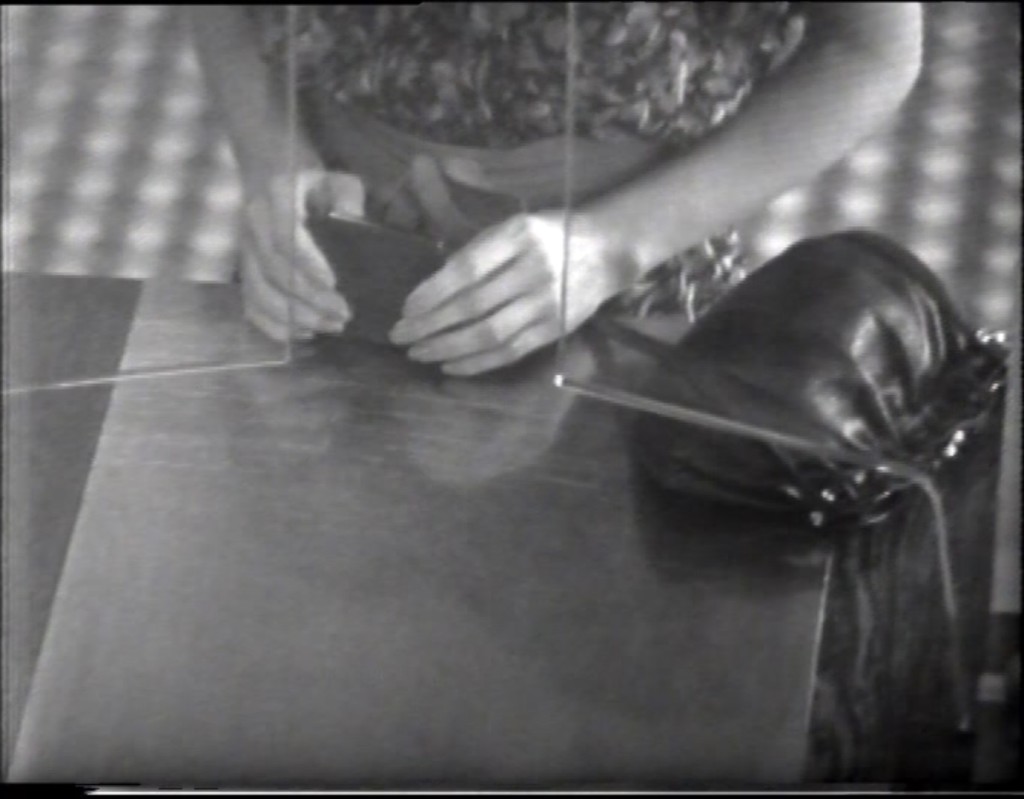April 29th, 2015
7:05pm
@ Alamo Drafthouse at the Ritz
320 East 6th Street, Austin, TX 78701 (map)
$10.25 (Buy Tickets)
“Michael Klier’s Der Riese (The Giant) is an 82-minute city symphony composed almost entirely of material generated by video-surveillance cameras. Der Riese inserts itself into film history somewhere between the motorized tripod of Michael Snow’s landscape film La Region Centrale and the ubiquitous kino-eye of Dziga Vertov’s all-over documentary The Man with a Movie Camera; using advanced yet tawdry technology, Klier questions [and deviously celebrates] the legitimacy of filming everything… At once the purest, most detached, even objective documentary that could ever be and a collage-film as subversive in its way as The Atomic Café, Der Riese could best be described as a science fiction… In the credits, Klier calls Der Riese ‘ein Film’. I think that’s a way of flagging the work’s ambition – but successful as it is as cinema, it’s also pure video, one of the very few examples which works equally well both as installation and as tape. Blandly and brilliantly totalitarian, it announces a routine fact of postmodern times, hailing der video-camera über alles.” – James Hoberman, Science Fictions (via ZKM)
Experimental Response Cinema and the Alamo Drafthouse present this early and hypnotic premonition of the ever-enclosing 24/7 surveillance state. Programmed by Ekrem Serdar. Special thanks to the Goethe Institut Boston.
Notes: Michael Klier, Der Riese, 1983 by Harun Farocki
Also see: Der Riese at Flaherty NYC
And: Harun Farocki regarding Der Riese at the kindodrome
Der Riese (The Giant) by Michael Klier
83 min / sd / sound / 1983
“In The Giant Michael Klier transforms the viewer into a voyeur and shows him life in a German town through the eye of surveillance cameras. To the evocative music of Mahler and Wagner, we see images of street, airports, subway stations, department stores, banks and private houses through the ‘all-seeing’ video eye as it keeps its look-out for trouble. But it goes further than that: our constant observation must mean that our privacy is also being put at stake” – Goethe Institut
“Comprised entirely of material generated by surveillance cameras, Der Riese is a rhapsodic but ominous work depicting the world with a cold mechanical spirit. That nothing can escape the chill stare of surveillance is only the starting point of Klier’s tape. People come and go in public places-parks, department stores, banks, airports-like lifeless ciphers, unaware of the authoritarian stare of the camera. The flattened field of vision, black-and-white imagery, and sterile quality of the technology make the inhabitants of Der Riese emptied shadows. They are the signs of life; truly signs, not the flesh rendered in two dimensions. Lyrically constructed sequences unfold to the strains of Mahler and Wagner, adding an almost heroic mood to much of this dark work. But this is where Der Riese excels-footage seemingly impervious to meaning here acquires the energy of high drama. Even the unblinking eye of the surveillance camera can be foiled.” – Steve Seid, Pacific Film Archive
“An unconventionally constructed essay video on video surveillance in public space. The video uses documentary material from remote-control surveillance cameras on public streets, squares, shopping malls, and transit spaces like airports and train stations, as well as pictures from banks, department stores, supermarkets, and private grounds and buildings. The combination of various footage in a realistic style creates the impression of a central surveillance apparatus as an anonymous, powerful subject that omnipresently sees everything without itself being visible.” – Reinhard Wolf (via Media Art Net)
Bio
Michael Klier was born in 1943 in Karlsbad, Sudetenland, Germany (now Karlovy Vary, Czech Republic). He studied Philosophy and History at the Freie Universität Berlin. Der Riese, Klier’s first feature film, received several international awards upon its release. Prior to Der Riese, Klier directed several short works and acted in Zwischen zwei Kriegen (Between Two Wars) (1978) by Harun Farocki and System ohne Schatten (Closed Circuit) (1982) byRudolf Thome. He directed the feature films Ueberall ist es besser, wo wir nicht sind (1989), Ostkreuz (1991), the documentary Out of America (1995), Heidi M (2001), Farland (2004), and Alter und Schönheit (2009).He has also directed a series of film portraits about Joseph Losey, Jean-Marie Straub, Roberto Rossellini, François Truffaut, Claude Sautet, and Henri Alekan (cinematographer for Jean-Luc Godard). He currently lives in Berlin. (via Flaherty NYC)



